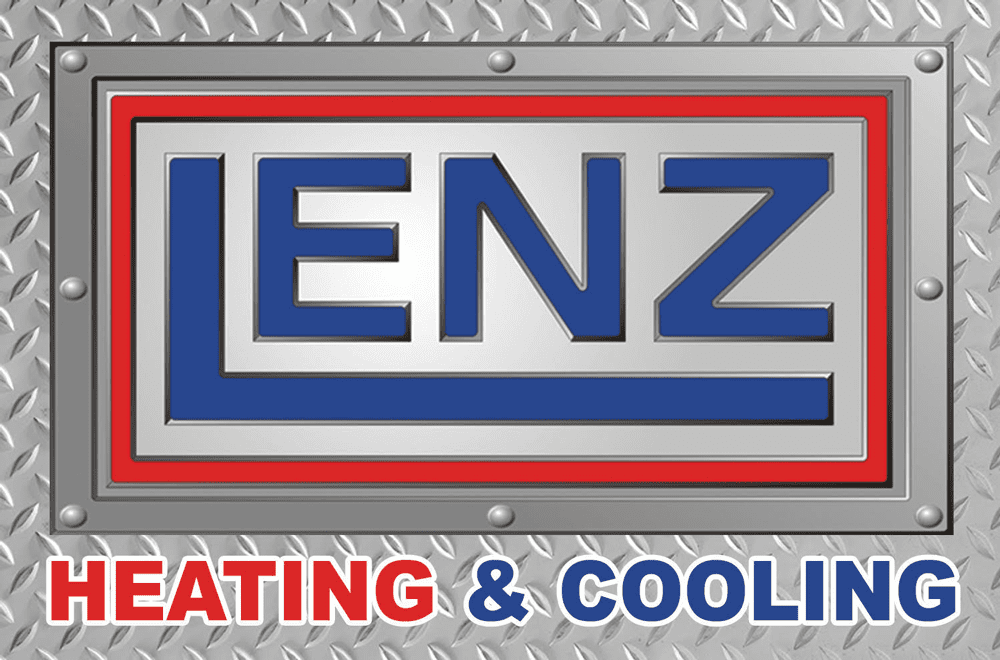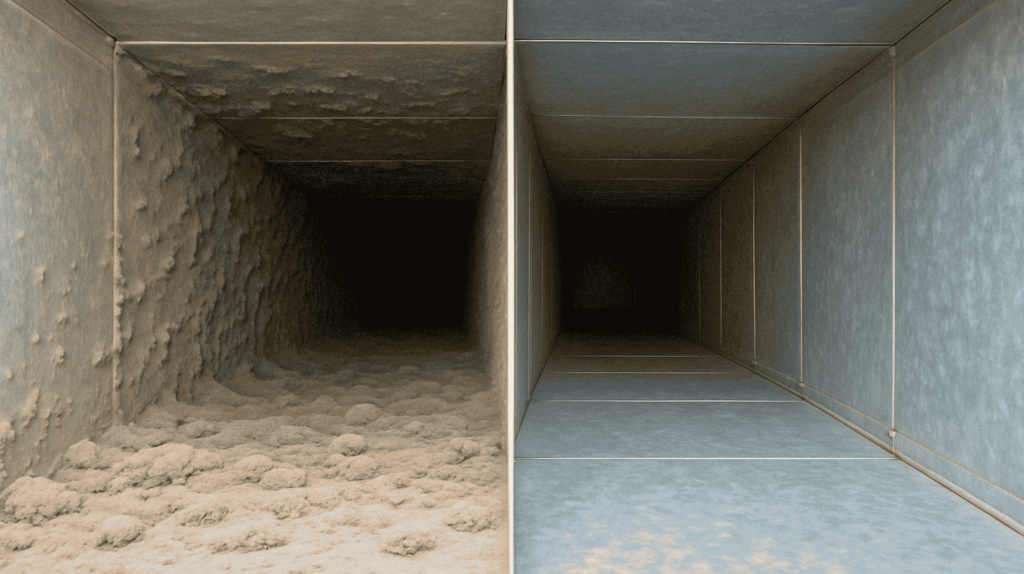1. What Should You Consider When Buying a New HVAC System?
When considering purchasing a new HVAC system, several factors play a crucial role in making the right decision for your home. Firstly, evaluating the size and type of HVAC unit suitable for your space is essential. Energy efficiency is another vital aspect to look into to ensure cost savings in the long run. Moreover, checking the warranty terms of the new system is necessary to understand the coverage and duration for potential future repairs or replacements.
When buying a new HVAC system, homeowners should carefully assess the HVAC unit’s specifications to ensure it aligns with their heating and cooling requirements. Energy efficiency is key to reducing energy bills and promoting environmental sustainability. Additionally, understanding the warranty terms offered by the manufacturer can provide peace of mind and financial security in case of unforeseen issues with the system.
HVAC Unit
Choosing the right HVAC unit for your home involves determining the appropriate size and capacity based on the square footage and layout of your property. It’s crucial to select a system that can adequately heat and cool your space without overworking or underperforming, leading to inefficiencies and increased energy costs.
When selecting a new HVAC unit, it’s essential to consider not only the size but also the type of system that best suits your home’s heating and cooling needs. Whether you opt for a furnace, heat pump, or air conditioner, ensuring the unit is appropriately sized and efficient can significantly impact your comfort and energy bills.
Energy Efficiency
Evaluating the energy efficiency ratings of different HVAC systems is vital in choosing a new unit that minimizes energy consumption while maximizing performance. Look for systems with high SEER ratings to ensure optimal efficiency and lower operating costs over time.
Energy efficiency should be a top priority when purchasing a new HVAC system. Higher SEER ratings indicate better energy efficiency, which can lead to savings on utility bills and reduced environmental impact. Choosing a system with superior energy efficiency also ensures that your home remains comfortable while consuming less energy.
Warranty Terms
Understanding the warranty terms associated with a new HVAC system is crucial for protecting your investment. Be sure to read the warranty details carefully, including coverage for parts and labor, duration of the warranty, and any conditions that may void the warranty.
Reviewing the warranty terms provided by the manufacturer is essential when investing in a new HVAC system. Familiarize yourself with the coverage offered, including the duration of the warranty and any specific conditions or requirements that need to be met to ensure the warranty remains valid.
2. How to Choose the Right HVAC Technician for Installation?
When selecting an HVAC technician for the installation of your new system, prioritize experience and expertise in handling various types of HVAC systems. Look for technicians with certifications and licensing to ensure they meet industry standards and possess the necessary skills for the job.
Choosing the right HVAC technician for your installation project is essential to ensure the job is done correctly and efficiently. Consider factors such as the technician’s experience, certifications, and licensing to guarantee that they are qualified to handle the installation of your new HVAC system.
Technician Experience
Opting for an experienced HVAC technician can provide peace of mind knowing that they have successfully completed similar installation projects in the past. Their expertise can ensure that your new HVAC system is installed correctly and functions optimally for years to come.
Hiring an HVAC technician with ample experience in installing a variety of HVAC systems can instill confidence in the quality of work they will deliver. Experienced technicians are well-versed in handling different system types and can address potential challenges during the installation process, leading to a seamless and efficient setup.
Certifications and Licensing
Checking for certifications and licensing is essential when choosing an HVAC technician for your new system installation. Certified professionals adhere to industry regulations and standards, providing assurance that the installation is performed safely and up to code.
Prioritize hiring an HVAC technician with the necessary certifications and licensing to ensure they are qualified to carry out the installation of your new HVAC system. Certified professionals uphold industry best practices and safety standards, giving you confidence in the quality and safety of the installation process.
3. What Questions Should You Ask Your HVAC Installer?
Communicating effectively with your HVAC installer is crucial to ensure that the installation process runs smoothly and meets your expectations. Be sure to inquire about the installation process, ductwork evaluation, and system maintenance tips to maintain optimal performance.
Engaging in open dialogue with your HVAC installer is essential to address any concerns and clarify expectations regarding the installation of your new system. Ask relevant questions about the installation process, evaluate the condition of your ductwork, and seek advice on maintenance practices to prolong the lifespan of your HVAC system.
Installation Process
Gaining insight into the installation process from your HVAC installer can help you understand the steps involved and prepare for any disruptions during the setup. Discussing the timeline, equipment needed, and any potential challenges can ensure a smooth installation experience.
Detailed discussions with your HVAC installer about the installation process are beneficial in setting proper expectations and minimizing surprises during the installation of your new system. Understanding the timeline, required equipment, and potential obstacles allows for effective coordination and a successful installation outcome.
Ductwork Evaluation
Requesting a thorough evaluation of your ductwork by the HVAC installer is important to identify any leaks, blockages, or inefficiencies that could impact the performance of your new system. Addressing ductwork issues proactively can enhance airflow and overall system efficiency.
An in-depth assessment of your ductwork by the HVAC installer is crucial in ensuring that your new system operates at peak performance. By identifying and resolving any ductwork issues, such as leaks or blockages, you can optimize airflow and minimize energy waste, leading to improved comfort and energy savings.
System Maintenance Tips
Seeking advice on system maintenance from your HVAC installer can help you take proactive measures to keep your new HVAC system running smoothly. Inquire about recommended maintenance tasks, such as filter replacements and annual tune-ups, to preserve the efficiency and longevity of your system.
Gathering maintenance tips from your HVAC installer allows you to establish a routine care schedule for your new system, promoting its longevity and optimal performance. Understanding the maintenance tasks recommended by the installer, such as regular filter changes and system inspections, can help you maintain a comfortable indoor environment and prevent costly repairs.
4. What are the Key Components of a New HVAC System?
Understanding the key components of a new HVAC system is essential for homeowners looking to invest in a reliable heating and cooling system. Components such as thermostat options and zoning controls play a vital role in regulating indoor temperature and optimizing energy efficiency.
Familiarizing yourself with the essential components of a new HVAC system, such as thermostats and zoning features, can help you make informed decisions when selecting the right system for your home. These components are integral to maintaining comfort, improving energy efficiency, and customizing cooling and heating preferences based on your needs.
Thermostat Options
Exploring different thermostat options available for your new HVAC system allows you to choose a control system that best suits your lifestyle and preferences. Programmable thermostats, smart thermostats, and zoning controls offer convenience and energy-saving benefits for efficient temperature management.
When considering thermostat options for your new HVAC system, assess the benefits of programmable thermostats, smart thermostats, and zoning controls. These advanced features provide customization, energy efficiency, and enhanced comfort by allowing you to regulate temperatures based on your schedule and specific room requirements.
Zoning for Efficiency
Implementing zoning capabilities in your new HVAC system enables you to establish different temperature zones in your home, optimizing comfort and energy usage. Zoning allows for personalized heating and cooling settings in specific areas, ensuring efficient operation and eliminating wasteful energy consumption.
By incorporating zoning features into your new HVAC system, you can create customized comfort zones throughout your home, improving energy efficiency and enhancing comfort levels. Zoning systems enable precise temperature control in different areas, reducing energy waste and enhancing overall system performance.
5. How to Ensure Energy Efficiency with Your New HVAC System?
Promoting energy efficiency with your new HVAC system involves considering factors such as SEER ratings and proper load calculations to maximize performance and reduce energy consumption. Understanding the significance of energy-efficient practices can lead to long-term savings and environmental benefits.
Ensuring energy efficiency with your new HVAC system requires attention to details like SEER ratings and load calculations to optimize performance and minimize energy usage. Embracing energy-efficient strategies not only lowers utility bills but also contributes to a healthier environment by reducing carbon emissions.
SEER Rating Importance
Acknowledging the importance of SEER ratings in selecting an energy-efficient HVAC system is crucial for homeowners seeking to reduce their energy costs. Higher SEER ratings indicate greater efficiency, resulting in lower energy consumption and enhanced cost savings over time.
Understanding the significance of SEER ratings when choosing your new HVAC system is essential in attaining optimal energy efficiency. Higher SEER ratings signify improved system performance and reduced energy usage, translating to lower utility bills and a more sustainable home environment.
Proper Load Calculation
Conducting a proper load calculation for your new HVAC system ensures that the equipment is correctly sized to meet your home’s heating and cooling demands. A precise load calculation prevents oversizing or undersizing of the system, leading to improved efficiency and comfort levels in your home.
Emphasizing the importance of a thorough load calculation when installing your new HVAC system helps avoid inefficiencies and performance issues. Properly sizing the equipment based on load calculations ensures optimal comfort, energy efficiency, and longevity of the system, aligning with your home’s specific heating and cooling requirements.





